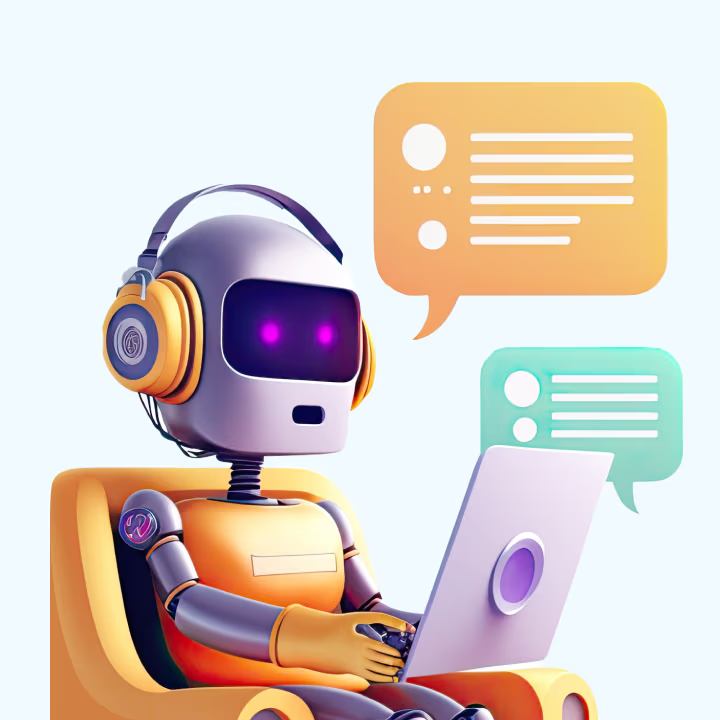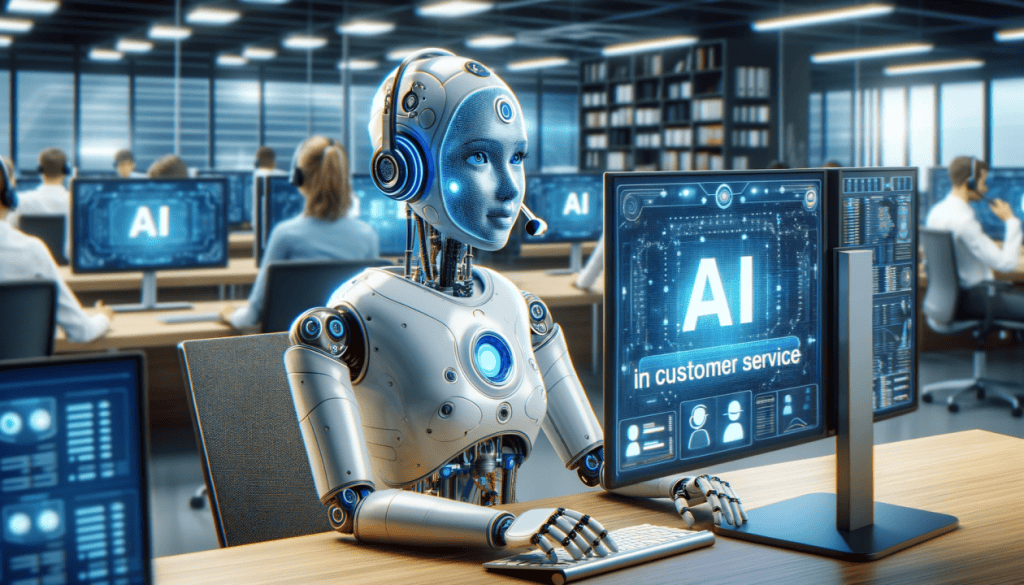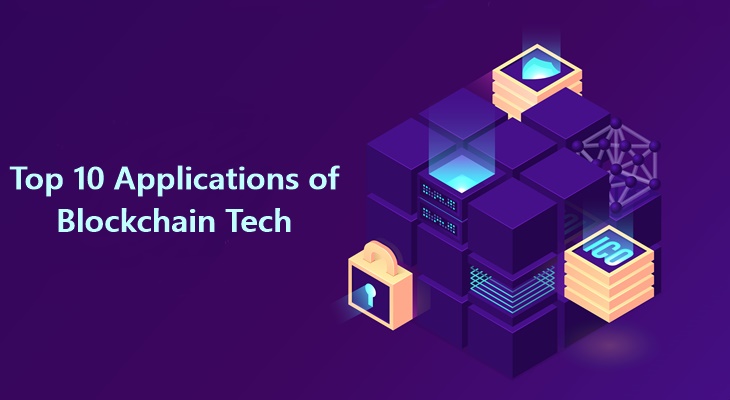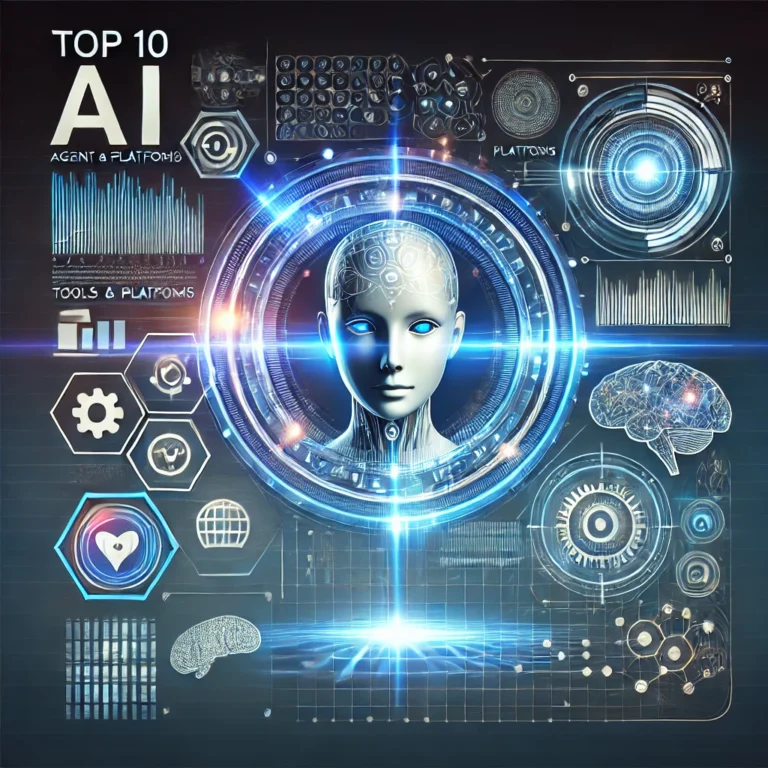Introduction
The tech industry is undergoing a significant transformation, driven by the increasing adoption of Artificial Intelligence (AI) agents. AI agents are computer programs that use machine learning and natural language processing to perform tasks that typically require human intelligence. In this comprehensive guide, we will explore how AI agents are transforming the tech industry, and what this means for businesses, developers, and consumers.
The Role of AI Agents in the Tech Industry.

AI agents are being used in various ways in the tech industry, including:
- Chatbots and Virtual Assistants: AI-powered chatbots and virtual assistants are being used to provide customer support, answer frequently asked questions, and help users navigate complex websites and applications.
- Predictive Maintenance: AI agents are being used to predict equipment failures, reduce downtime, and improve overall efficiency in industries such as manufacturing, logistics, and healthcare.
- Cybersecurity: AI-powered agents are being used to detect and respond to cyber threats in real-time, reducing the risk of data breaches and cyber attacks.
- Software Development: AI agents are being used to automate testing, debugging, and coding, making software development faster, cheaper, and more efficient.
Benefits of AI Agents in the Tech Industry.

AI technology is revolutionizing customer service by enhancing the overall experience for both customers and businesses. Here are some key benefits of implementing AI-powered solutions like chatbots and virtual assistants.
Enhanced Customer Experience
- 24/7 Availability: AI-powered chatbots can provide support around the clock, meaning customers can get help anytime they need it, even outside regular business hours. This constant availability meets the growing expectation for instant assistance and improves customer satisfaction significantly.
- Faster Response Times: AI systems can quickly answer common questions, reducing wait times for customers. This efficiency allows human agents to focus on more complex issues, leading to faster resolutions overall. For example, Bank of America’s virtual assistant, Erica, responds to queries in an average of 44 seconds, showcasing how AI can streamline interactions.
- Personalized Interactions: AI can analyze customer data to offer tailored recommendations and solutions. This personalization enhances the customer experience by making interactions feel more relevant and engaging. For instance, businesses can use AI to adjust content and offers based on a customer’s past interactions and preferences.
Cost Savings
- Reduced Labor Costs: By automating routine inquiries, businesses can minimize the need for a large customer service team. This leads to significant cost savings, as AI can handle thousands of queries simultaneously without the associated costs of human labor. Reports suggest that chatbots could save companies over $8 billion annually by managing simple tasks efficiently.
- Improved Resource Allocation: With AI handling basic inquiries, human agents can focus on higher-value tasks that require more complex problem-solving skills. This not only enhances productivity but also reduces agent burnout by alleviating them from repetitive tasks.
Additional Benefits
- Higher Efficiency: AI tools can help improve the efficiency of support agents by providing intelligent recommendations and automating manual processes. This boosts productivity and allows agents to serve customers faster. Research indicates that AI can increase productivity by up to 40% in certain business areas.
- Actionable Insights: AI systems analyze large volumes of customer data to identify trends and potential issues. These insights help businesses make informed decisions about product improvements and customer service strategies.
The integration of AI in customer service is not just a trend; it is a transformative shift that enhances customer experience while also delivering cost savings for businesses. With capabilities like 24/7 support, faster response times, personalized interactions, and improved resource allocation, AI is proving to be an invaluable asset in creating efficient and effective customer service operations. As technology continues to evolve, the potential for even greater enhancements in customer service is on the horizon.
Challenges and Limitations of AI Agents

While AI agents have the potential to transform the tech industry, there are also challenges and limitations to consider, including:
Challenges in AI Implementation: Data Quality, Explainability, Security, and Regulation
As artificial intelligence (AI) continues to evolve and integrate into various industries, several challenges must be addressed to ensure its effective deployment. Here are some critical issues related to data quality, explainability, security, and regulation.
Data Quality
High-quality data is essential for AI agents to learn and improve effectively. Poor data quality can lead to biased or inaccurate results, which can have significant consequences. Here are some key points regarding data quality:
- Impact on Performance: AI models rely heavily on the data they are trained on. If the data is inaccurate, incomplete, or biased, the AI’s predictions and decisions will also be flawed. This phenomenon is often summarized by the phrase “garbage in, garbage out” [1][5].
- Bias and Fairness: Ensuring that the data used is diverse and representative is crucial to avoid perpetuating existing biases. For instance, if an AI model is trained primarily on data from one demographic group, it may not perform well for others, leading to unfair treatment [1][4].
- Best Practices: Organizations should implement robust data governance frameworks that define quality standards and processes. This includes regular data cleaning, validation, and monitoring to maintain high data standards.
Explainability
AI systems can often operate as “black boxes,” making it challenging for users to understand how decisions are made. This lack of transparency can hinder trust and accountability:
- Understanding Decisions: Many AI algorithms are complex and not easily interpretable. Stakeholders may struggle to grasp how input data translates into specific outputs or decisions.
- Importance of Explainability: In sectors like healthcare or finance, where decisions can significantly impact lives or financial outcomes, understanding the rationale behind AI decisions is critical. Enhanced explainability can help build trust and facilitate better decision-making .
Security
As AI systems become more prevalent, they also become targets for cyberattacks:
- Vulnerability to Attacks: AI agents can be susceptible to various cyber threats that may compromise sensitive data or disrupt operations. For example, adversarial attacks can manipulate input data to deceive AI models into making incorrect predictions.
- Data Protection: Ensuring robust security measures is vital to protect the integrity of the data used by AI systems. Organizations must implement strong cybersecurity protocols to safeguard against unauthorized access and potential breaches [1][2].
Regulation
The rapid development of AI technologies has outpaced existing regulations, leading to a pressing need for clearer guidelines:
- Need for Clear Regulations: As AI continues to evolve, there is a growing demand for regulatory frameworks that address ethical considerations, accountability, and transparency in AI deployment .
- Balancing Innovation and Safety: Regulations should encourage innovation while ensuring that AI systems are developed responsibly. This includes establishing standards for data quality, security measures, and explainability requirements .
Conclusion:
AI agents are transforming the tech industry in profound ways, from chatbots and virtual assistants to predictive maintenance and cybersecurity. While there are challenges and limitations to consider, the benefits of AI agents in terms of increased efficiency, improved accuracy, and enhanced customer experience make them an essential tool for businesses and developers. As the tech industry continues to evolve, it is likely that AI agents will play an increasingly important role in shaping its future.
Frequently Asked Questions (FAQs)
- What are AI agents?: AI agents are computer programs that use machine learning and natural language processing to perform tasks that typically require human intelligence.
- How are AI agents being used in the tech industry?: AI agents are being used in various ways in the tech industry, including chatbots and virtual assistants, predictive maintenance, cybersecurity, and software development.
- What are the benefits of AI agents in the tech industry?: The benefits of AI agents in the tech industry include increased efficiency, improved accuracy, enhanced customer experience, and cost savings.
- What are the challenges and limitations of AI agents?: The challenges and limitations of AI agents include data quality, explainability, security, and regulation.





